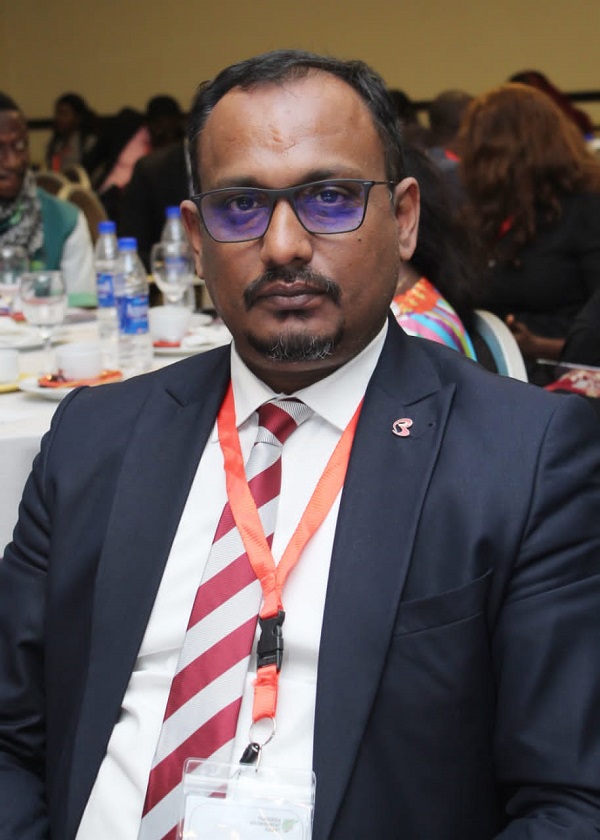
The chief technical officer of telecommunications services provider, Phase3 Telecom, Sunil Gubbi Rathna has restated that the possibility of speedier broadband coverage in unserved and underserved areas is no myth and will be realised quicker if key steps are taken or crystallised, including lowered and standardised row prices across states.
Speaking at the Nigeria eGovernment Summit 2022 connectivity panel on “Positioning Telecoms Infrastructure for eGovernment deployment”, Sunil cited Nigeria’s overarching National Broadband Plan (NBP) 2020-2025 goal to assure a 90 per cent broadband penetration by 2025, maintaining that with such potential game changers as subsidy and tax benefits to infrastructure providers, unified RoW is, perhaps, a critical factor to bridging the country’s digital divide as well as expanding digital access as desired by regulators and broadband service providers across tiers.
“Before now countless forums and media reports (some well researched) have stressed that to cull more investments in broadband infrastructure by industry players such as Phase3 Telecom, a RoW pricing model that echoes present economic realities, is cost-friendly to existing and would-be Nigerian broadband subscribers and internet users, as well as keeps operators in business – is both imperative and expedient for the coveted economy that fosters and engenders the capabilities to transition all Nigerians from an analog to a digital economy,” he said.
Although he conceded that the drive was ambitious, he said it would take more than fora like these to curb the disproportionate gap between Nigerians online and those who are not or the digitally literate few, to explore the benefits of broadband access for economic empowerment.
He said all states – considering that their governors reserve the right to determine and enforce RoW rates – will have to activate the clear will to diversify the Nigerian economy by lowering rates to reap the unquantifiable benefits, revenue possibilities and exponential GDP contributions at federal and state levels that a significantly broadband penetrated country assures.
He cited an instance with the current amount of subsea cable investments in the country, revealing that the volume of terabytes lying unseeded on the shores, due to pending last mile deployments stemming from high and non-standardized federal and state governments right of way (RoW) rates which have made it difficult for operators to transition such critical resource into services that every Nigerian can benefit from, and be empowered by, digitally.
In his closing statements, Sunil cautioned against letting the role of unified RoW in speedier broadband coverage in unserved and underserved areas becloud the fact that other informed strategies like the deployment of alternative solutions such as VSAT for faster broadband deployment in unserved areas where fibre networks are expensive to deploy, either due to cost or the nature of the terrains.
Sunil said while the state governments and private sector collaborations to build open access infrastructure have their merits, incentives like lower customs duty for importing fibre, active equipment, and other accessories required for network expansion; the provision of subsidies for infrastructure providers to motivate new and faster infrastructure deployment and tax benefits for local material manufacturers who plan to establish manufacturing plants to support infrastructure expansion in underserved or unserved areas should be given active consideration if the NBP 2020 – 2025 must realise its goal of delivering data download speeds across Nigeria, a minimum of 25Mbps in urban areas and 10Mbps in rural areas.


